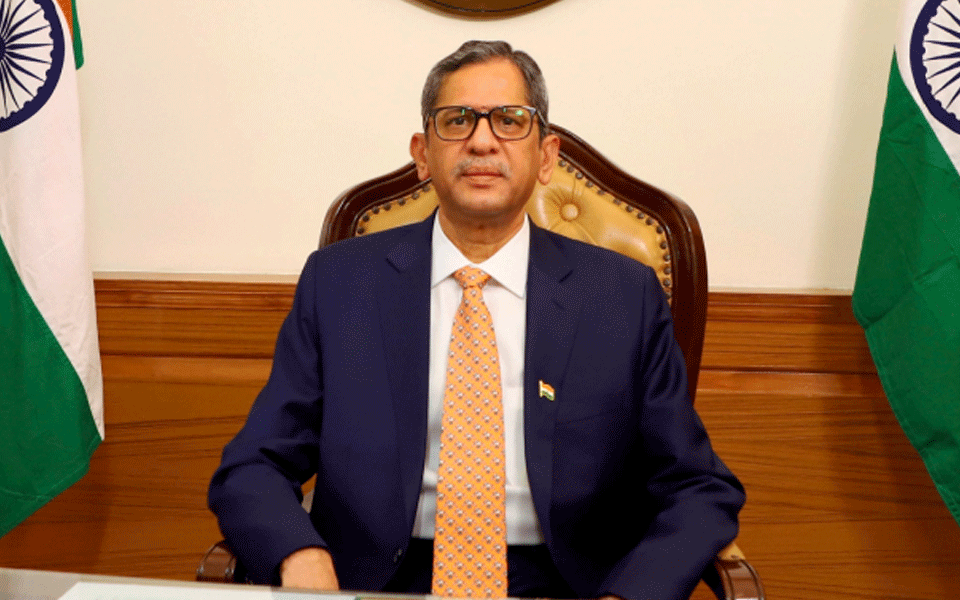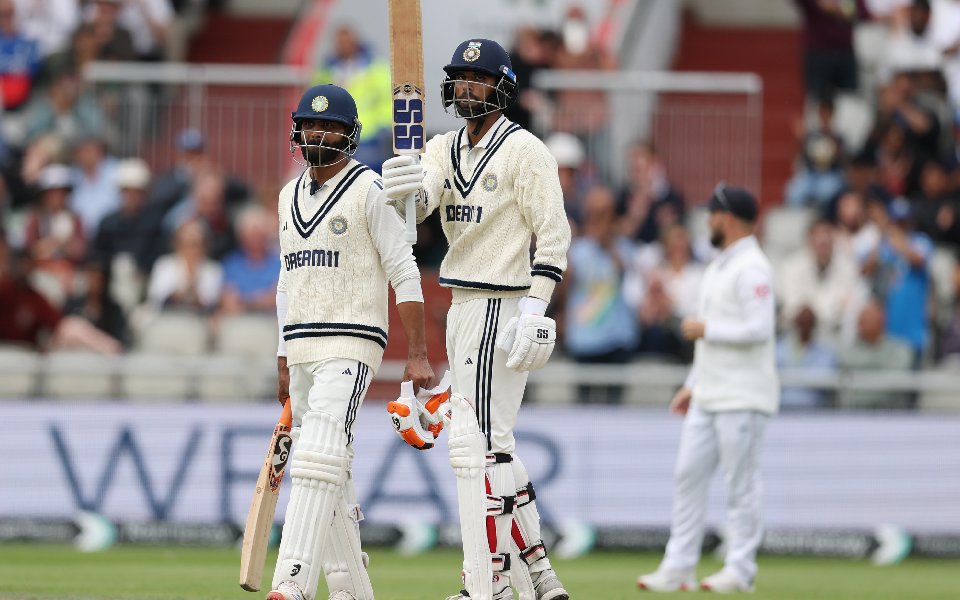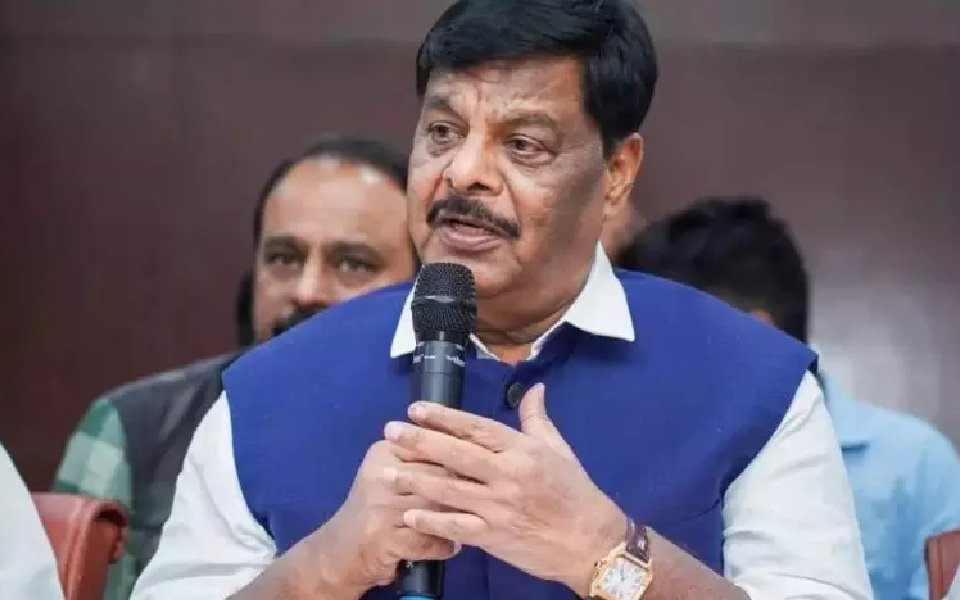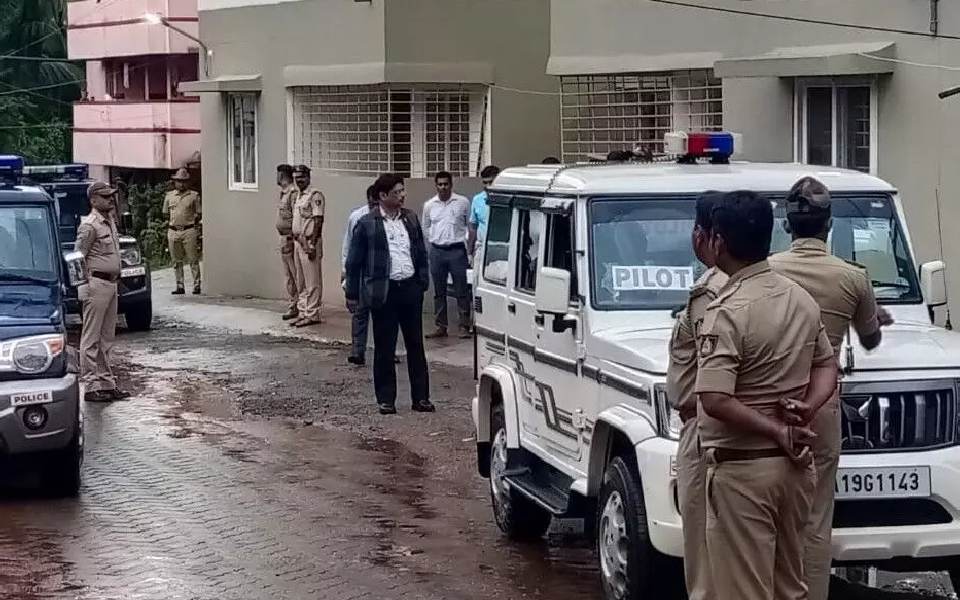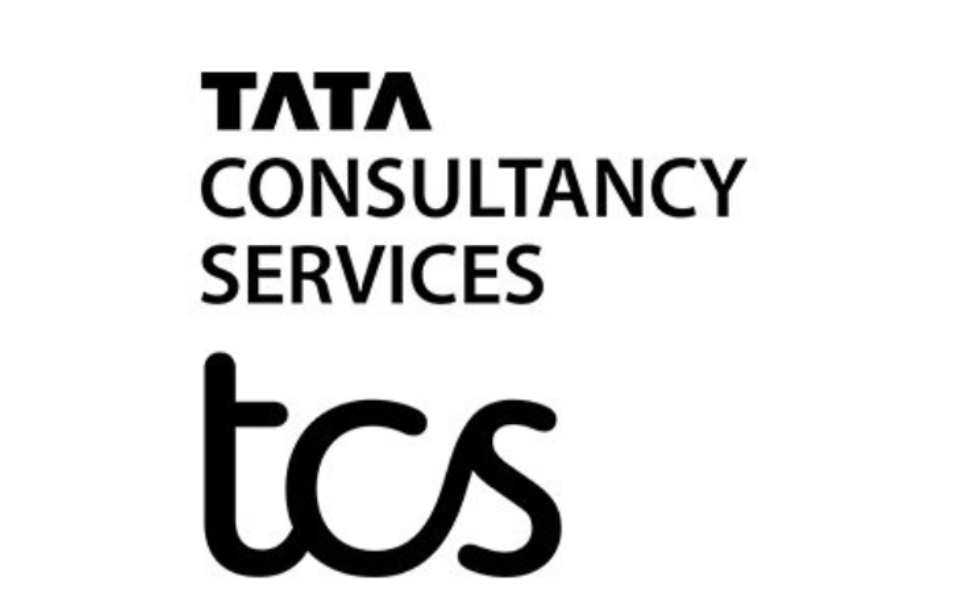New Delhi(PTI): Chief Justice of India (CJI) N V Ramana on Saturday termed governments as the "biggest litigants", accounting for nearly 50 per cent of pending cases, and said the "docket explosion" is due to non-performance of various wings of the executive and the legislature not realising its full potential.
While dealing with the reasons for docket explosion, the CJI referred to growing number of contempt cases arising out of defiance of judicial orders by the executive and said that "deliberate inactions by governments, despite judicial pronouncements, are not good for the health of democracy".
Speaking at the Joint Conference of Chief Ministers and Chief Justices of High Courts, inaugurated by Prime Minister Narendra Modi, CJI Ramana flagged key problems faced by the Indian judiciary such as pendency, vacancies, dwindling judge-population ratio and the lack of infrastructure in courts.
Reminding the State's three organs -- executive, legislature and judiciary -- to be "mindful of the 'Lakshman Rekha' while discharging their duties", he assured governments that "the judiciary would never come in the way of governance, if it is in accordance with law".
"We share your anxiety and concern regarding the welfare of the people," Justice Ramana said.
Dwelling further, he said all constitutional functionaries abide by the constitutional mandate as the Constitution provides for separation of powers between the three organs, clearly outlining their sphere of functioning, and delineating their powers and responsibilities.
"It is a well acknowledged fact that governments are the biggest litigants, accounting for nearly 50 per cent of the cases," the CJI said and gave illustrations as to how inactions of various wings of the executive forces citizens to approach courts.
"Based on these examples, one can safely summarise that, often, litigation is triggered because of two major reasons. One is, non-performance by the various wings of the executive. Second is, the legislature not realising its full potential," he said.
The decisions of courts are not implemented by governments for years together and the result is that contempt petitions are a new category of burden on courts, a direct result of the defiance by governments, the CJI said.
On the issue of vacancies, he said that as on today, out of 1,104 sanctioned posts of high court judges, there are 388 vacancies.
"From day one, it has been my endeavour to fill judicial vacancies. We have made 180 recommendations for appointments in various high courts during the last year. Out of this, 126 appointments have been made," he said and thanked the Centre for clearing names.
"However, 50 proposals are still awaiting approval by the Government of India. The high courts have sent around 100 names to the Government of India. They are yet to reach us. The data reveals the earnest efforts being made by the judiciary to fill the vacancies," he said.
The CJI also urged chief ministers to "extend wholehearted co-operation to the chief justices" in their endeavour to strengthen the district judiciary.
He said in 2016, the sanctioned strength of judicial officers in the country was 20,811 and now, it is 24,112, which is an increase of 16 per cent in six years.
"On the other hand, in the corresponding period, pendency in district courts has gone up from 2.65 crore to 4.11 crore, which is an increase of 54.64 per cent. This data shows how inadequate the increase in the sanctioned strength is," he said and termed the judge-to-population ratio of 20 judges per 10 lakh as "very alarming".
The judiciary is also confronted with the issue of the executive willingly transferring the burden of decision making to it despite the fact that the policy making is not in its domain, he said, adding that the courts cannot say 'no' to citizens.
Justice Ramana also flagged lack of debates by legislatures in clearing laws and said at times, ambiguities in legislations also add to existing legal issues.
"The legislature is expected to solicit the views of the public and debate the bills, clause by clause, threadbare, before enacting a law. When I expressed concern about the passing of laws without much legislative scrutiny on August 15 last year, I was misunderstood by some quarters.
"Let there be no doubt. I have the highest regard for the legislature and the elected representatives ," he said and quoted Lok Sabha Speaker Om Birla who had reportedly favoured debates on passage of laws.
Justice Ramana talked about the rising number of frivolous litigations and said, "For example, the well-meaning concept of public interest litigation is at times turning into personal interest litigation."
He said, "Indianisation of the justice delivery system" is needed by moulding the system to suit the needs and sensibilities of the common Indian population.
He advocated the need of setting up of the National Judicial Infrastructure Authority and the State Judicial Infrastructure Authorities in the lines of NALSA and SLSAs to meet the growing need of infrastructures in courts.
"Let me make it very clear. This is not about funds. I must acknowledge that the Union Government has been making reasonable budgetary allocation... The time has come to move on from the present ad-hoc committees to a more streamlined, accountable and organised structure, he said, adding that the proposal was not "aimed at usurping powers of any".
The 11th Chief Justices-Chief Ministers' conference was held after a gap of six years following the Saturday's 39th chief justices' conference held with an "aim and object to discuss and identify the problems that are affecting the administration of justice".
Let the Truth be known. If you read VB and like VB, please be a VB Supporter and Help us deliver the Truth to one and all.
Manchester, Jul 27 (PTI): Washington Sundar and Ravindra Jadeja extended India’s fight on day five of the fourth Test with determined half-centuries, giving the visitors a slender 11-run lead at tea time but more importantly raising visions of a morale boosting draw.
Both Jadeja (53 batting off 102) and Washington (58 batting off 139) batted with a strong purpose to save the game, frustrating a worn out England attack.
At tea, India were 322 for four after collecting 99 runs from a wicketless afternoon session.
Ben Stokes, who looked lethal in his eight over spell in the morning, could not keep up the intensity in the three overs he bowled in the second session.
In a 15-run over from Stokes, Washington pulled the England captain for a six and four to bring up his fifty before Jadeja employed the cut to complete his fifth half-century in six innings.
With not much batting to come and Rishabh Pant injured, it remains to be seen if India can pull off a draw from here.
What made England’s life difficult is that left-arm spinner Liam Dawson (0/70 in 39 overs) was not able to challenge the Indian left-handers enough while Jofra Archer too get could not get a breakthrough post lunch.
The second new ball is now 38 overs old, making batting easier.
In the morning session, Shubman Gill completed a gutsy hundred after Stokes battled through pain to dismiss a well set K L Rahul, leaving India at 223 for four at lunch.
Resuming the day at 174 for two with a deficit of 137, India remained on course to draw the game courtesy a fighting effort from Gill, who brought up his fourth century of the series. The Indian captain fell at the stroke of lunch with the visitors still trailing England by 88 runs.
Considering India’s backs against the walls and series on the line, this could be Gill’s most defining century if India managed to save the match and keep the series alive.
Expecting the ball to come back in, Gill felt for the one from Jofra Archer that shaped away, getting a faint outside edge.
The 188-run marathon stand between Gill and Rahul (90 off 230) was finally broken when the latter was trapped in front by Stokes with a ball that kept a tad low from length.
Soon after, Stokes got one jump to sharply from a similar length that foxed Rahul, leaving the Indian skipper in a lot of pain.
The rising ball first crashed into Gill’s right thumb before taking a piece of his
helmet.
It was remarkable that Stokes, who was not fit enough to bowl on day four, managed an eight-over spell on day five despite discomfort in his right shoulder and hamstring. Like at Lord’s, he did not care much about his injury prone body to help the team’s cause.
The new ball was taken after the 80th over and resulted in the wicket of Gill. Jadeja too would have be gone first ball but Joe Root could not hold on to a tough chance at first slip off Archer.
Brief scores:
India: 358 and 322/4 in 118 overs (KL Rahul 90, Shubman Gill 103, Ravindra Jadeja 53 batting, Washington Sundar 57 batting; Chris Woakes 2/57)
England 1st innings: 669 all out in 157.1 overs (Joe Root 150, Ben Stokes 141, Ben Duckett 94, Zak Crawley 84; Ravindra Jadeja 4/143).

